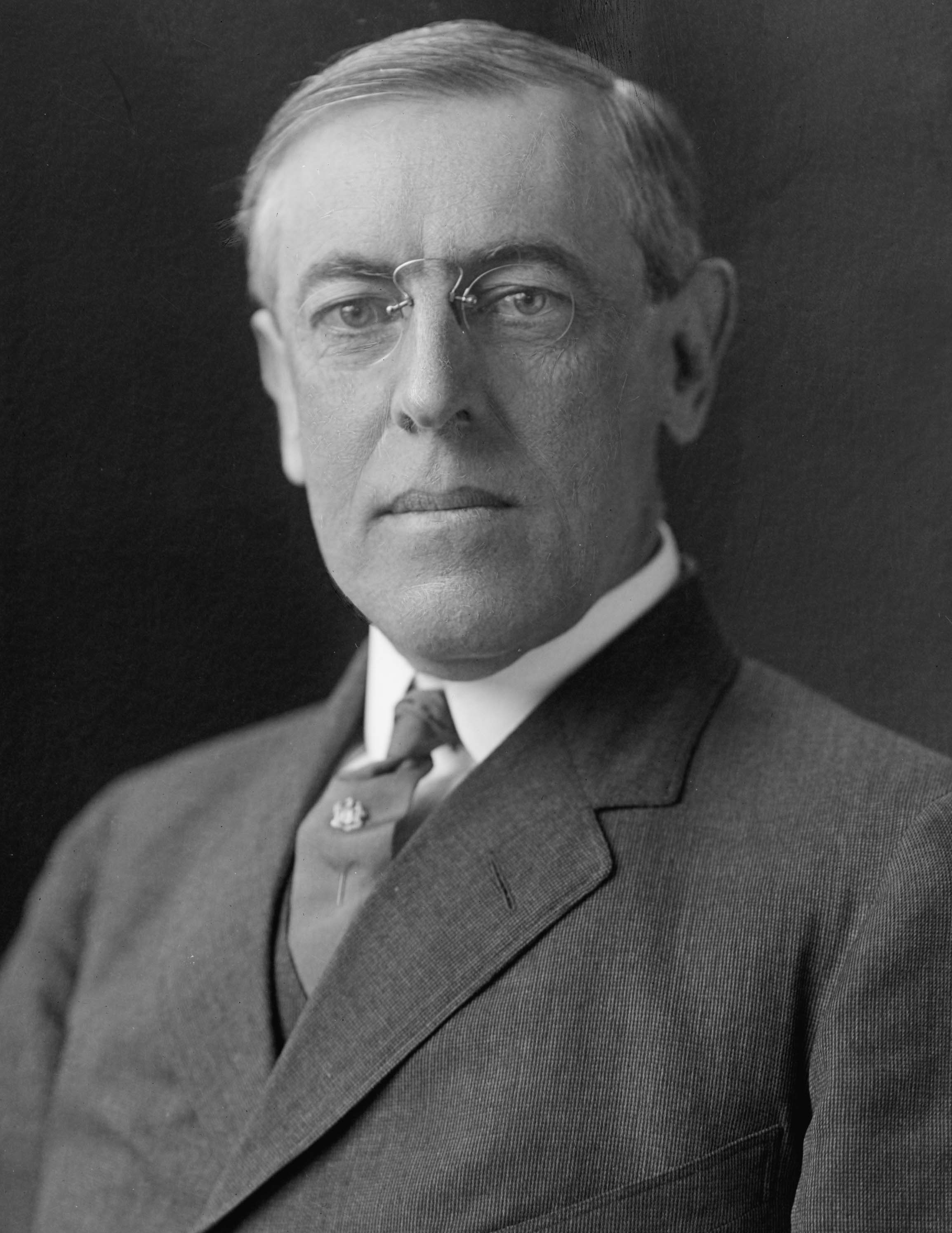The life and presidency of Woodrow Wilson were marked by significant events that shaped American history and global politics. This article will take you through a detailed timeline of Woodrow Wilson's life, from his early years to his presidency and beyond. By exploring key events and milestones, we aim to provide a thorough understanding of Wilson's contributions and influence on the world stage.
Born on December 28, 1856, in Staunton, Virginia, Wilson emerged as a prominent figure in American politics. His academic prowess and passion for governance led him to become the 28th President of the United States, serving from 1913 to 1921. His presidency coincided with World War I, a time of immense challenges and changes that would test his leadership and vision for America.
In this article, we will delve into important dates and events in Wilson's life, highlighting his achievements, struggles, and legacy. By the end of this timeline, readers will gain insight into how Woodrow Wilson shaped modern America and the international landscape.
Table of Contents
- Early Years
- Academic Career
- Political Career
- Presidency (1913-1921)
- World War I
- Post-Presidency
- Legacy
- Conclusion
Early Years
Woodrow Wilson was born into a family with a strong religious background. His father was a Presbyterian minister, which greatly influenced his upbringing. Here are some key points from his early years:
- 1856: Born in Staunton, Virginia.
- 1875: Enrolled at Princeton University, where he developed a keen interest in history and politics.
- 1883: Graduated from Princeton and later pursued a law degree at the University of Virginia.
- 1886: Earned a Ph.D. in Political Science from Johns Hopkins University.
Academic Career
Wilson's academic career laid the foundation for his future political ambitions. He held various positions at prestigious universities, and his scholarly work gained him recognition. Here are some highlights:
- 1885-1890: Taught at various institutions, including Bryn Mawr College.
- 1902: Became president of Princeton University, where he implemented significant reforms.
- 1908: Authored "Congressional Government," a book that analyzed the U.S. political system.
Political Career
Wilson's transition from academia to politics was marked by his commitment to progressive reforms. His political career began with local politics and culminated in the governorship of New Jersey:
- 1910: Elected Governor of New Jersey.
- 1911: Implemented progressive legislation that improved workers' rights and business regulations.
- 1912: Won the Democratic nomination for president, advocating for a "New Freedom" platform.
Presidency (1913-1921)
Woodrow Wilson was inaugurated as the 28th President of the United States on March 4, 1913. His presidency was defined by various domestic and foreign challenges:
- 1913: Signed the Federal Reserve Act, establishing the Federal Reserve System.
- 1914: Launched the Clayton Antitrust Act to strengthen antitrust laws.
- 1916: Reelected as president, defeating Charles Evans Hughes.
World War I
Wilson's presidency coincided with World War I, which profoundly impacted his leadership and policies:
- 1914: World War I began in Europe.
- 1917: The United States entered the war on April 6, 1917.
- 1918: Wilson proposed the Fourteen Points, outlining his vision for peace after the war.
- 1919: Attended the Paris Peace Conference and played a crucial role in establishing the League of Nations.
Post-Presidency
After leaving office, Wilson continued to advocate for his vision of international cooperation:
- 1920: Suffered a debilitating stroke, limiting his ability to participate in public life.
- 1921: Wilson passed away on February 3, 1924, leaving a complex legacy.
Legacy
Woodrow Wilson's legacy is a subject of much debate, reflecting both his achievements and controversies:
- Promoted the idea of self-determination for nations.
- Facilitated the establishment of the League of Nations, a precursor to the United Nations.
- His presidency was marked by racial segregation policies that have drawn criticism.
Conclusion
In conclusion, the timeline of Woodrow Wilson's life reveals a multifaceted individual who played a pivotal role in shaping modern America and international relations. From his early academic pursuits to his presidency during World War I, Wilson's actions and decisions continue to influence discussions on governance and global cooperation. We encourage readers to reflect on his legacy and share their thoughts in the comments below or explore more articles on related topics.
Thank you for reading, and we hope to see you back for more insightful content!




